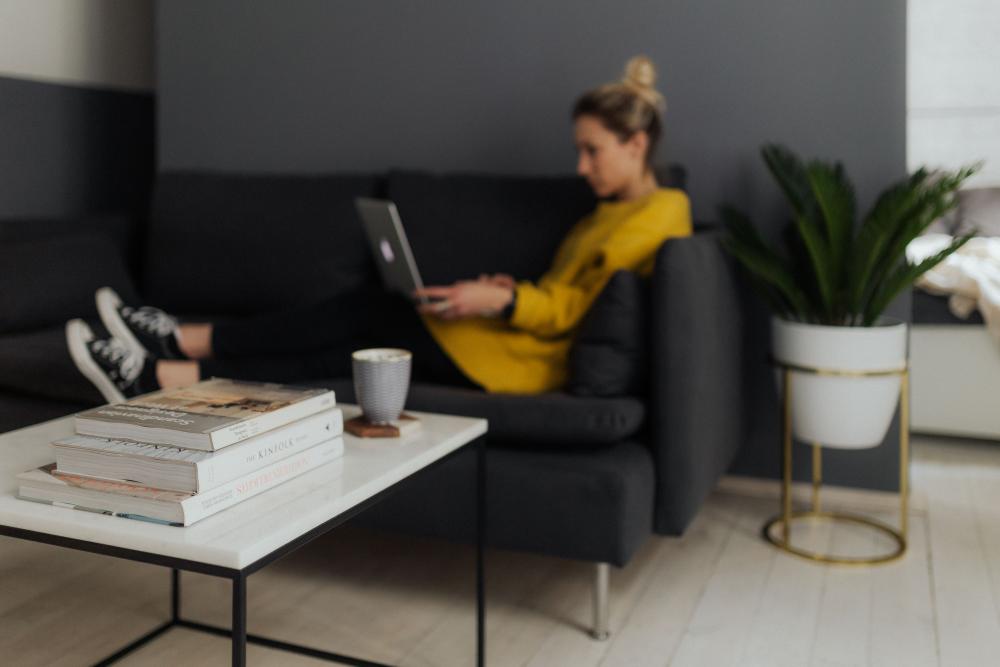Technology has changed the way people work, offering more flexibility and convenience. Remote work, online meetings, and digital tools allow employees and business owners to stay connected from anywhere. However, this constant connectivity comes with challenges. Many people struggle to separate work from personal time, leading to stress and exhaustion.
The pressure to be available at all times affects productivity and mental health, as well as relationships. Finding balance requires setting limits on work hours, using digital tools wisely, and managing time efficiently. By making intentional choices, it is possible to stay productive while still having time for personal life.
Recognizing the Challenges of a Digital Work Environment
In today’s world, work is no longer confined to an office. Emails, messages, and work notifications arrive at all hours, making it difficult to disconnect. Many remote workers find themselves working longer than they did in traditional office settings. The expectation of instant responses also adds pressure, making it hard to step away from screens.
Social media and other digital distractions further complicate the issue. It is easy to lose focus when notifications constantly pop up. Even outside of work hours, people often check emails or respond to messages without realizing how it affects their free time. Learning to set boundaries is key to maintaining a healthy balance.
Exploring Flexible Work Options and Side Income Opportunities
Many people look for extra income but worry about overloading their schedules. Instead of committing to a second full-time job, there are simple ways to make additional money without sacrificing personal time.
Ways to make quick cash include freelancing, selling unused items online, or participating in gig work. Short-term projects or online jobs provide extra income without long-term commitments. These options help supplement income while allowing for flexibility.
Setting Boundaries Between Work and Personal Life
Establishing clear work hours is one of the most effective ways to prevent work from taking over personal life. Setting a specific start and end time for work creates structure and helps signal when it is time to unplug.
Having a dedicated workspace also makes a difference. When working from home, using a separate room or area for work helps create a mental divide between professional tasks and relaxation. It also signals to others in the household when work is in progress.
Communicating availability is another important step. Letting coworkers, clients, and family members know when work is done reduces interruptions and prevents work from spilling into personal time. Setting clear expectations can help maintain balance and improve focus.
Managing Time More Effectively
Time management is essential for keeping up with work responsibilities while still making space for personal life. Creating a schedule with specific blocks of time for different tasks helps improve efficiency.
Incorporating regular exercise into your routine can also help manage stress and improve overall energy levels. Many people use BSC creatine monohydrate as part of their fitness regimen to enhance performance and support muscle recovery, which in turn can positively impact focus and productivity throughout the day.
Multitasking often feels like a time-saving strategy, but it usually has the opposite effect. Focusing on one task at a time improves accuracy and reduces stress. By limiting distractions and concentrating on the task at hand, work can be completed more quickly and effectively.
Using Technology to Improve Balance Instead of Creating More Stress
Technology can be a powerful tool for productivity, but if not managed well, it becomes a source of stress. Many people spend excessive time on their phones or computers without realizing how it affects their personal life. Instead of letting technology take control, it helps to use it in ways that support a balanced lifestyle.
One way to do this is by tracking screen time. Many apps allow users to see how much time they spend on different activities. If too much time is being used on emails or social media, setting limits can help create a better work-life balance.
Another useful strategy is scheduling “tech-free” hours. Turning off notifications and stepping away from screens during personal time allows for more meaningful interactions with family and friends. It also improves mental well-being by reducing the pressure to always be available.
Automation is another effective way to save time. Many repetitive tasks, such as scheduling meetings, sending invoices, or managing emails, can be automated. This reduces workload and frees up time for other priorities.
The Importance of Mental and Physical Well-Being
Balancing work and personal life goes beyond managing time—it also involves taking care of mental and physical health. A busy schedule often leads people to ignore self-care, which eventually affects productivity and overall happiness.
Regular exercise is one of the best ways to maintain energy levels and reduce stress. Even a short daily workout can improve focus and mood. It does not have to be an intense workout; walking, yoga, or stretching can also be beneficial.
Getting enough sleep is equally important. Many people sacrifice sleep to finish work, but this often leads to exhaustion and reduced performance. Creating a consistent sleep schedule improves concentration and energy throughout the day.
Mindfulness and relaxation techniques also help in managing stress. Activities such as meditation, deep breathing, or spending time outdoors can improve mental clarity. Taking time to disconnect from work and focus on personal well-being leads to a healthier balance.
Creating a Routine That Supports Both Work and Personal Goals
A structured routine helps in managing both work responsibilities and personal priorities. Many people start their day by checking emails or jumping into work, but having a morning routine can set a more positive tone.
Starting and ending the workday with specific routines can create a clear boundary between professional and personal time. For example, beginning the day with a short walk, reading, or planning tasks for the day helps establish focus. At the end of the workday, engaging in a relaxing activity like listening to music or exercising can help shift the mind away from work.
Personal activities should be scheduled just as carefully as work-related tasks. Whether it is spending time with family, pursuing hobbies, or simply relaxing, setting aside time for personal activities is just as important as work commitments.
It also helps to reassess work-life balance regularly. Life changes, and so do responsibilities. Making adjustments when needed can help maintain a schedule that fits personal and professional goals.
Balancing work and personal life in a digital world requires intentional decisions. Setting clear boundaries, using technology wisely, and prioritizing well-being help create a more manageable routine. Taking time to disconnect from work, focus on self-care, and engage in personal activities leads to a healthier and more fulfilling life. Making small adjustments over time can improve overall balance and long-term success.









